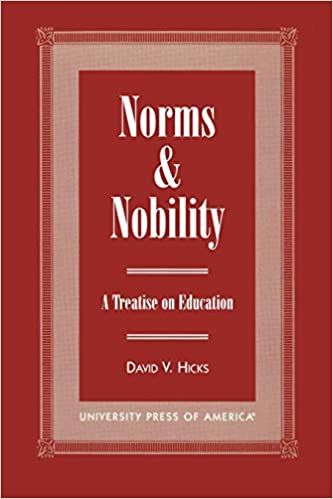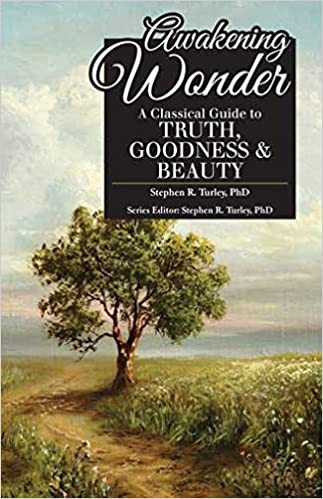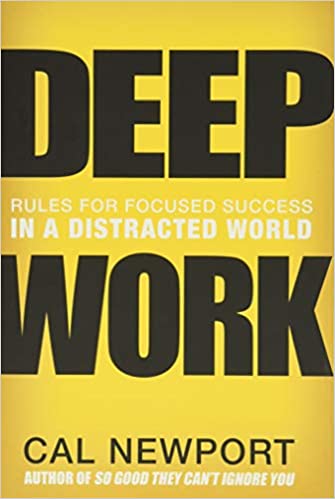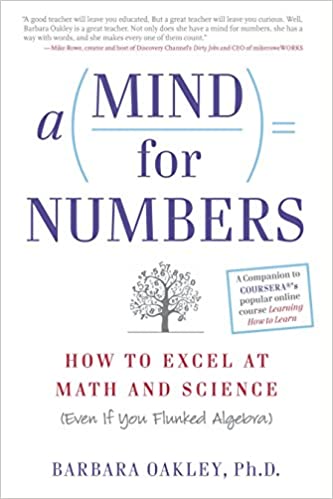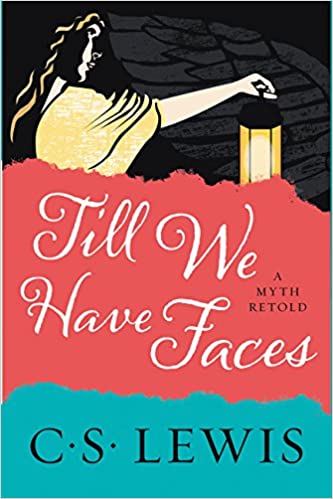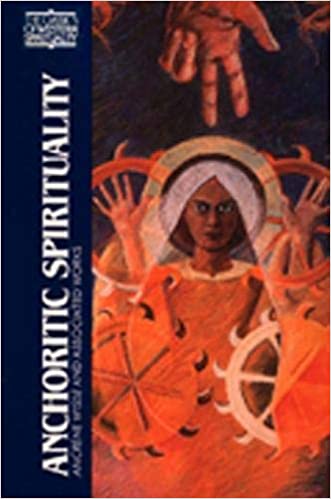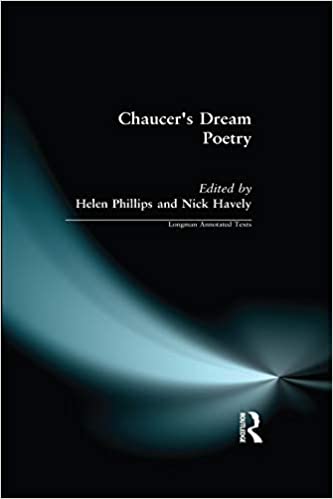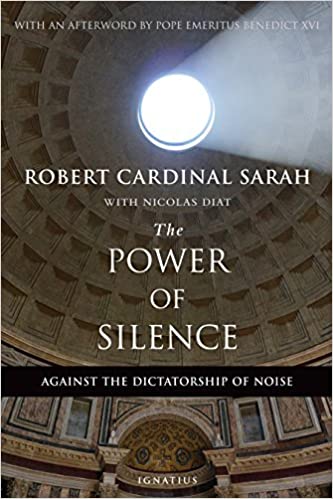#58
Leisure: The Basis of Culture
One of the most important philosophy titles published in the twentieth century, Josef Pieper's Leisure, the Basis of Culture is more significant, even more crucial, today than it was when it first appeared more than fifty years ago. This edition also includes his work The Philosophical Act. Leisure is an attitude of the mind and a condition of the soul that fosters a capacity to perceive the reality of the world. Pieper shows that the Greeks and medieval Europeans, understood the great value and importance of leisure. He also points out that religion can be born only in leisure -- a leisure that allows time for the contemplation of the nature of God. Leisure has been, and always will be, the first foundation of any culture. Pieper maintains that our bourgeois world of total labor has vanquished leisure, and issues a startling warning: Unless we regain the art of silence and insight, the ability for non-activity, unless we substitute true leisure for our hectic amusements, we will destroy our culture -- and ourselves.
More info →The Liberal Arts Tradition: A Philosophy of Christian Classical Education (Revised Edition)
The Liberal Arts Tradition: A Philosophy of Christian Classical Education introduces readers to a paradigm for understanding a classical education that transcends the familiar 3-stage pattern of grammar, logic, and rhetoric. Instead, this book describes the liberal arts as a central part of a larger and more robust paradigm of classical education that should consist of piety, gymnastic, music, liberal arts, philosophy, and theology. The Liberal Arts Tradition also recovers the means by which classical educators developed more than just intellectual virtue (by means of the 7 liberal arts) but holistically cultivated the mind, body, will, and affections. This is a must-read for educators who want to take a second big step toward recovering the tradition of classical education.
More info →Norms and Nobility: A Treatise on Education
A reissue of a classic text, Norms and Nobility is a provocative reappraisal of classical education that offers a workable program for contemporary school reform. David Hicks contends that the classical tradition promotes a spirit of inquiry that is concerned with the development of style and conscience, which makes it an effective and meaningful form of education. Dismissing notions that classical education is elitist and irrelevant, Hicks argues that the classical tradition can meet the needs of our increasingly technological society as well as serve as a feasible model for mass education.
More info →Awakening Wonder: A Classical Guide to Truth, Goodness & Beauty
In his masterful work, The Abolition of Man, C. S. Lewis observed how modern education was changing our conception of what it means to be human. By cutting off students from the transcendent values of Truth, Goodness, and Beauty, modern schools ceased cultivating virtue in students and instead communicated a mechanistic vision of the world that viewed students as products to be engineered. Lewis believed that in seeking to control nature, modern conditioners would also seek to control humans and remake them according to the preference of the conditioners, since any appeal to Truth, Goodness, or Beauty had been rejected. Lewis argued that we must recover these transcendent values in order to prevent the dehumanizing tendency in modern education and renew the cultivation of virtue in our students.
With Awakening Wonder, Steve Turley demonstrates that it is precisely such a recovery that is at the heart of the current classical education renewal. Once again, Truth, Goodness, and Beauty are celebrated as those objective values that are essential for cultivating students as flourishing human beings. In these pages you will discover the history and development of these transcendent values and how they redeem our senses and sanctify our imaginations. Teachers will also learn how to incorporate these values into their teaching to awaken awe and wonder in both themselves and their students.
Deep Work: Rules for Focused Success in a Distracted World
Deep work is the ability to focus without distraction on a cognitively demanding task. It's a skill that allows you to quickly master complicated information and produce better results in less time. Deep work will make you better at what you do and provide the sense of true fulfillment that comes from craftsmanship. In short, deep work is like a super power in our increasingly competitive twenty-first century economy. And yet, most people have lost the ability to go deep-spending their days instead in a frantic blur of e-mail and social media, not even realizing there's a better way.
In DEEP WORK, author and professor Cal Newport flips the narrative on impact in a connected age. Instead of arguing distraction is bad, he instead celebrates the power of its opposite. Dividing this book into two parts, he first makes the case that in almost any profession, cultivating a deep work ethic will produce massive benefits. He then presents a rigorous training regimen, presented as a series of four "rules," for transforming your mind and habits to support this skill.
A mix of cultural criticism and actionable advice, DEEP WORK takes the reader on a journey through memorable stories -- from Carl Jung building a stone tower in the woods to focus his mind, to a social media pioneer buying a round-trip business class ticket to Tokyo to write a book free from distraction in the air -- and no-nonsense advice, such as the claim that most serious professionals should quit social media and that you should practice being bored. DEEP WORK is an indispensable guide to anyone seeking focused success in a distracted world.
Till We Have Faces
C. S. Lewis—the great British writer, scholar, lay theologian, broadcaster, Christian apologist, and bestselling author of Mere Christianity, The Screwtape Letters, The Great Divorce, The Chronicles of Narnia, and many other beloved classics—brilliantly reimagines the story of Cupid and Psyche. Told from the viewpoint of Psyche’s sister, Orual, Till We Have Faces is a brilliant examination of envy, betrayal, loss, blame, grief, guilt, and conversion. In this, his final—and most mature and masterful—novel, Lewis reminds us of our own fallibility and the role of a higher power in our lives.
More info →Anchoritic Spirituality
English-speaking Christians owe Paulist Press an enormous debt of gratitude for their continuing efforts to help us gain a deeper appreciation of our spiritual heritage. Spiritual Life In one series, the original writings of the universally acknowledged teachers of the Catholic, Protestant, Eastern Orthodox, Jewish and Islamic traditions have been critically selected, translated and introduced by internationally recognized scholars and spiritual leaders. ANCHORITIC SPIRITUALITY-ANCRENE WISSE AND ASSOCIATED WORKS translated and introduced by Anne Savage and Nicholas Watson preface by Benedicta Ward Therefore this is written in the gospel about the three Marys, Ut venientes ungerunt Iesum-non autem recedentes (Mark 16:1). "These Marys," it says, "these bitterness, were coming to anoint our Lord." They are coming to anoint our Lord-those things we suffer for his love-who stretches himself towards us as one who is anointed, and makes himself smooth and soft to touch. And was he not himself a recluse in Mary's womb? These two things belong to the anchoress: narrowness and bitterness. For the womb is a narrow dwelling, where our Lord was a recluse; and this word "Mary," as I have often said, means "bitterness." Ancrene Wisse (ca. 1225) Sometime in the first quarter of the thirteenth century a number of works were written for anchoresses, women who lived as religious recluses in cells adjoining churches. The most influential is Ancrene Wisse (A Guide for Anchoresses), which discusses in great detail the daily life of the anchoress, both outer-her prayers, her house, her food and clothing-and inner-her attitudes to everything she is and does. Holy Maidenhood, a treatise on virginity, praises the freedom and joy of the unmarried state of the anchoress, providing a series of arguments to support her in her way of life when she may be tempted to leave it. Sawles Warde (The Soul's Keeping) looks at the pains of hell and the joys of heaven as recounted by two messengers, Fear and Love of Life. The passions of three early virgin martyrs, Katherine, Margaret and Juliana provide models of heroic strength and determination in the face of bribery, argument and torture by disappointed would-be lovers, who demand the virgins' renunciation of their new Christian faith. The Wooing of Our Lord is the longest of several short prayers and meditations which court the anchoress, body and soul, on behalf of Christ as lover. Together, the works give us an extraordinarily detailed sense of a powerful, multi-faceted spirituality which is in most respects quite different from that of the later and better-known fourteenth-century English mystics. This is the first time all of these works have appeared together in print.
More info →Chaucer’s Dream Poetry
Dream literature is regarded as one of the most important genres in medieval literature and is widely studied. This text provides a succinct and clear introduction to the five central poems that comprise Chaucer's Dream Poetry, and shows his role as a leading adapter of European Literary tradition into English Literature.
The poems discussed are The Book of the Duchess, The Legend of Good Women, The Legend of Dido, The Parliament of Fowls and The House of Fame. Each have an introduction setting the poem within the context of Dream Poetry and Chaucer's own work. Appendices of proper names, pronunciation and criticism are also given.
This volume is unique is presenting the poems together in an editorial and critical framework. The quality of annotation is unrivalled and will make this text a major addition to the literature suitable for those interested in the genre, literary, or more general history of the period.
More info →The Power of Silence
Now with a new afterword by Pope emeritus Benedict XVI!
In a time when there is more and more noise, and technology and materialism continue to exert their hold on us, Cardinal Robert Sarah presents a bold book about the strength of silence. The world generates so much noise that seeking moments of silence only becomes more necessary. For Cardinal Sarah, modern man, in repressing the divine, finds himself in a deep dilemma, an oppressive and anguishing trial. The Cardinal recalls that life is a silent relationship between what is most intimate in man and God. Silence is indispensable for hearing the music of God: prayer arises from silence and returns to silence with ever greater depth.
In this long and profound conversation with Nicolas Diat, done within the hallowed walls of silence in the famous Carthusian monastery of La Grande Chartreux in France, the Cardinal proposes the question: can those who do not know silence ever attain truth, beauty, love? The response is undeniable: all that is great and creative is formed by silence. God is silence.
After the great international success of God or Nothing, translated into fourteen languages, Cardinal Sarah seeks to restore to silence its place of honor and importance. "Although speech characterizes man, silence is what defines him, because speech acquires sense only in terms of this silence." This is the beautiful and significant message of The Power of Silence.
In this book, Cardinal Sarah has only one aim, which is summed up in this thought from his book: "Silence is difficult but it makes a human being able to allow himself to be led by God. Silence is born of silence. Through God the silent one we can gain access to silence. And a human being is unceasingly surprised by the light that bursts forth then. Silence is more important than any other human work. For it expresses God. The true revolution comes from silence; it leads us toward God and others so as to place ourselves humbly and generously at their service."
More info →


